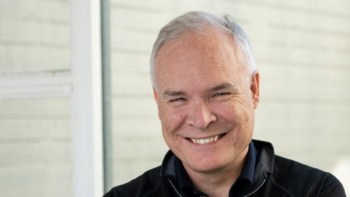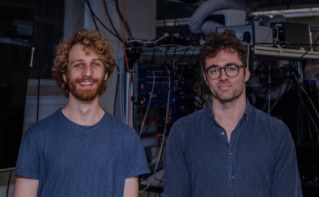
The United Nations (UN) has officially declared 2025 to be the International Year of Quantum Science and Technology (IYQ). Agreed by its general assembly, the year-long worldwide celebration will highlight the impact and contribution of quantum science. It also aims to ensure that all nations have equal access to quantum education and opportunities. An opening ceremony is expected to take place on 14 January in Berlin.
The campaign for 2025 to celebrate quantum science has been led since 2021 by the American Physical Society and the German Physical Society (DPG). The year was chosen as it marks the centenary of Werner Heisenberg’s efforts to develop the mathematical formulation of quantum phenomena. The proposal was soon supported by other societies, including the Institute of Physics as well as the International Union of Pure and Applied Physics.
In May 2023 the executive board of the United Nations Educational, Scientific, and Cultural Organization (UNESCO) endorsed a resolution encouraging an official UN quantum year. That was followed by an endorsement at the UNESCO general conference last November. In May, Ghana submitted a draft resolution for the official proclamation of the IYQ in 2025 to the UN General Assembly. It was supported by more than 70 countries and the resolution was approved by the general assembly on 7 June. Learned societies propose ‘International Year of Quantum Science and Technology’ in 2025
“Through this proclamation, we will bring quantum [science] education and research to young people in Africa and developing countries around the world with the hope of inspiring the next generation of scientists,” notes Riche-Mike Wellington, chief programme specialist at the Ghana Commission for UNESCO and the Ghanaian representative for IYQ. The IYQ consortium will now organize regional, national and international outreach events and activities throughout 2025 to celebrate and develop quantum science.
“Inventions such as magnetic resonance imaging in hospitals, lasers, solar cells and the smallest chips as the basic building blocks of computers all owe their existence to quantum mechanics,” says DPG president Klaus Richter, a condensed-matter physicist from the University of Regensburg. “These and other quantum technologies give new impetus to our economic development and influence numerous areas of everyday life. Quantum mechanics is a prime example of the practical impact that an abstract physical theory can have.”
The IYQ follows several other recent science-based UN International Years, including the International Year of the Periodic Table of Chemical Elements in 2019, light and light-based technologies (2015) and crystallography (2014).




